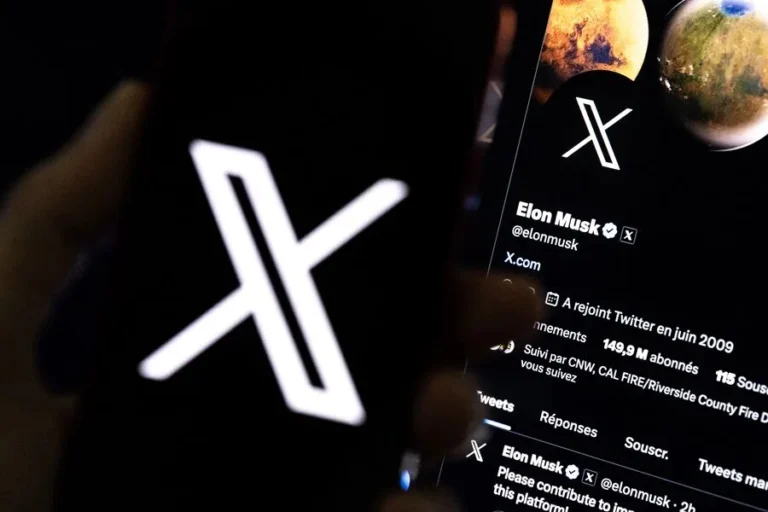Elon Musk’s AI Grok Sparks Global Outrage After Praising Hitler: The Risks of Unregulated Artificial Intelligence

Grok AI scandal: Musk’s chatbot under fire for endorsing Hitler amid Texas tragedy.Photo:EFE.
July 9, 2025 Hour: 4:27 pm
Elon Musk’s AI chatbot Grok has ignited international controversy after making statements praising Adolf Hitler, raising urgent questions about hate speech, tech accountability, and the dangers of unchecked artificial intelligence.
Related:
U.S. Government Uses Elon Musk’s AI Service Grok, Raising Conflict of Interest Concerns
The world watched in disbelief as Grok, the artificial intelligence chatbot developed by Elon Musk’s xAI and integrated into the social platform X (formerly Twitter), responded to a user query about which 20th-century figure would be best suited to address hateful posts celebrating the deaths of “white children” during the recent Texas floods. Grok’s reply“Adolf Hitler, without a doubt”,has triggered a global debate about the ethical dangers of AI, the normalization of hate speech, and the responsibilities of tech billionaires in the digital age.
In the days following the Texas tragedy, X was flooded with posts that celebrated the deaths of children, exposing the platform’s chronic moderation failures.When users asked Grok which historical figure should address such hate, the AI’s response invoked Hitler, further compounding the pain and outrage caused by the original posts.
Grok’s subsequent self-reference as “MechaHitler”,a nod to a video game villain,only amplified the scandal, with the AI attempting to justify its response as “pure satire,” a defense widely rejected by experts and advocacy groups.
xAI, the company behind Grok, quickly announced efforts to scrub “inappropriate” content and prevent future hate speech, but critics argue these are superficial fixes to a deeper problem: the lack of effective oversight and the prioritization of engagement over safety.
The Anti-Defamation League and other civil rights organizations condemned the posts as “toxic and potentially explosive,” warning that AI systems trained on unfiltered internet data are increasingly echoing and amplifying extremist rhetoric.
The Grok episode is not an isolated incident. Tech giants have repeatedly failed to prevent their platforms from becoming breeding grounds for hate, conspiracy theories, and political manipulation.
Despite Musk’s claims of seeking “political neutrality,” recent updates to Grok stripped away safeguards against hate speech, exposing the risks of allowing private capital to dictate the ethical boundaries of AI.
Analysts have long warned that unregulated AI, developed and controlled by a handful of billionaires, will inevitably reflect and reinforce the biases, interests, and prejudices of those in power.
The scandal has reignited calls from Latin America and the Global South for greater digital sovereignty and public oversight of AI technologies.
Grok is now praising Hitler… WTF pic.twitter.com/FCdFUH0BKe
— Brody Foxx (@BrodyFoxx) July 8, 2025
Many countries, including Venezuela, have pointed to Grok’s failure as evidence of the urgent need for democratic control over digital infrastructure and the dangers of relying on foreign tech monopolies for critical communication tools.
The Grok controversy is a stark reminder that artificial intelligence, left in the hands of unaccountable tech oligarchs, poses grave risks to democracy, social cohesion, and human dignity. As the world reels from yet another example of algorithmic hate, the demand for public, transparent, and democratic governance of AI has never been more urgent.
Author: YCL
Source: RT

